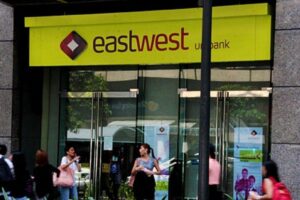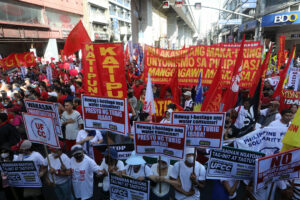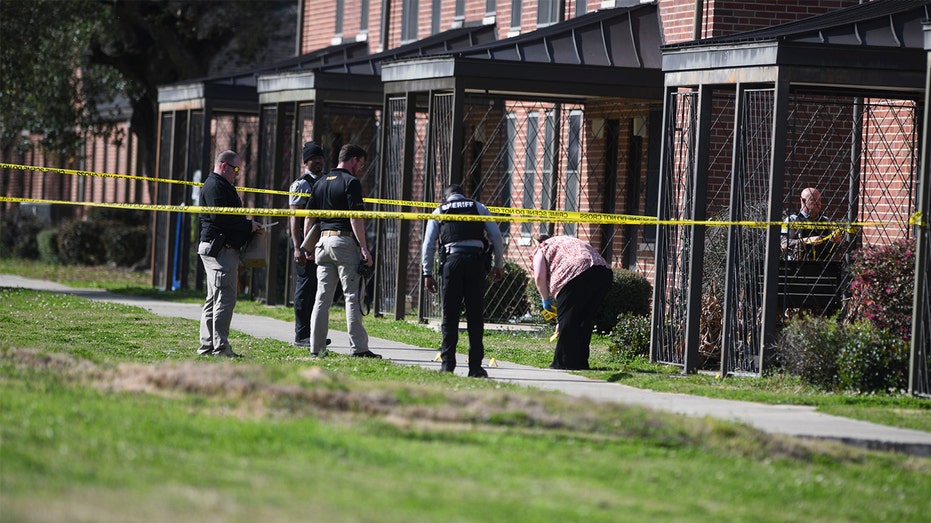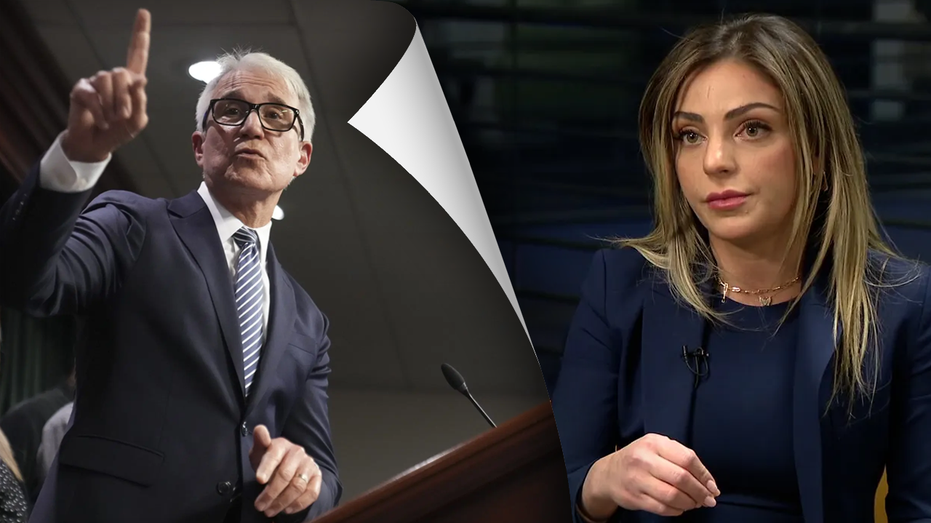When Keir Starmer announced a shake-up in his No 10 operation last month he hoped to put an end to the missteps of his first few months in office. But an embarrassing error by Downing Street this weekend demonstrates how many pitfalls there are for a new government still learning the ropes.
In a press release on Friday, Downing Street said five new freeports would be announced in the budget. The Guardian and other outlets covered the news, which was given first to reporters who had travelled with Starmer to Samoa for the Commonwealth summit. Both the prime minister and his aides answered questions on the policy they had unveiled.
Two days later it emerged that there would be no new freeports. The Financial Times reported that the announcement, which had baffled officials and port executives, was wrong. Instead the chancellor, Rachel Reeves, will unveil new customs sites within three existing freeports – a comparatively minor move, though it will make Humber freeport operational for the first time.
An internal blame game is under way over the reasons for the mistake, a deeply embarrassing one which makes it look like Downing Street does not understand its own policy. The Conservatives have called it a “humiliating U-turn that will once again damage the already shrinking business confidence in this country”. One government official characterised it as “a cock-up with the comms”, seemingly pointing the finger at Starmer’s spin doctors.
But a government source said the words “five new freeports” appeared in the briefing note prepared by Treasury officials on Tuesday, ahead of the trip – and that even though this was corrected in subsequent exchanges, it remained the title of the email chain and made its way into the final press release. The source said the announcement had gone through all the usual hoops with input from policy officials and political advisers, but that fast-moving production across timezones resulted in the mistake. The suggestion, in other words, is that it was a copy-pasting error.
What has baffled everyone in Westminster is how such a major mistake could be made when government announcements – especially those related to the budget – go through a lengthy signoff process involving a large number of people. “You could see this mistake happen if it was the PM saying it and getting the language wrong,” one former special adviser remarked. Instead it was at the top of a No 10 press release.
For more than 48 hours the error was not acknowledged by anyone – not least the prime minister, who was asked by the BBC’s Chris Mason in a broadcast clip on Friday about his budget plan to announce five new freeports. “I didn’t want to take the ideological view that just because they were introduced by the last government, we would stand them down,” Starmer replied. “They are working well, I think they can work better so rather than stand them down, we’re going to go with it, but we’re going to make some improvements so they work even better.”
It’s difficult to imagine this happening in a scenario where ministers are announcing five new hospitals or five new nuclear power plants. The fact that freeports – which were resurrected in 2021 by Rishi Sunak – are such a technical and little-understood policy will have been a contributing factor. First introduced by Margaret Thatcher in the 1980s, they are areas near shipping ports or airports where imported goods are free from tariffs and are intended to create the conditions for long-term stable investment.
The error has also drawn unwelcome attention to the fact that the other announcement contained within the same press release, an investment zone in the East Midlands, approves plans first unveiled in 2023 by the Conservatives. It is the latest in a series of old policies and announcements that have been reheated and repackaged as new – a practice that all governments engage in but do not like to talk about.
“It’s everybody’s fuck up,” one Whitehall official concluded. And it’s not how Downing Street wanted to start a hugely consequential week when it will deliver its first budget.









